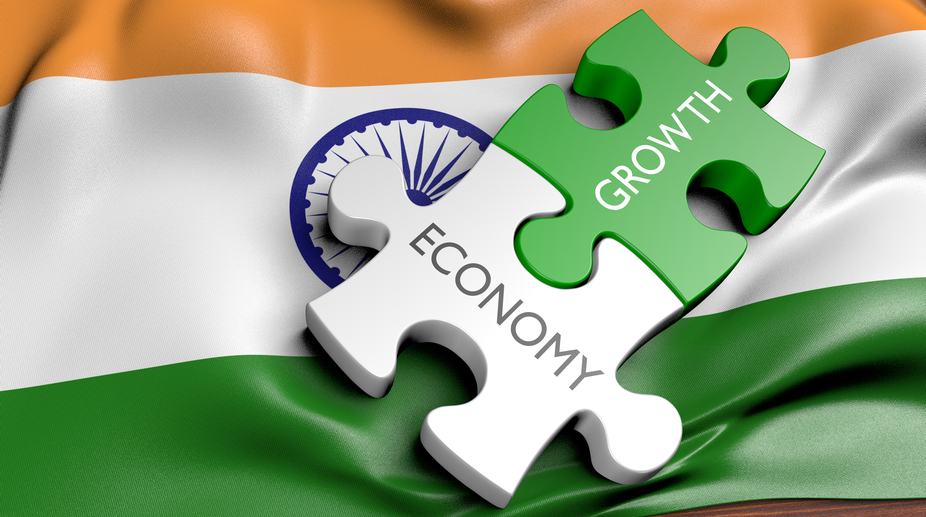Very happy to join campaign against obesity launched by PM Modi: CM Omar Abdullah
Jammu and Kashmir Chief Minister Omar Abdullah has expressed happiness in joining the campaign against obesity launched by Prime Minister Narendra Modi.

Representational Image (PHOTO: Getty Images)
Demonetisation affected the country’s growth rate negatively, which led to GDP dipping to 5.7 per cent in the first quarter of 2017-18, while the Goods and Services Tax (GST) did not have much role in the decline, economist Surjit Bhalla said on Tuesday.
Bhalla has been chosen as a part-time member of the Economic Advisory Council to the Prime Minister (EAC-PM), that was constituted on Monday, to analyse economic issues and advise Narendra Modi on them.
Advertisement
“Demonetisation did have a negative effect. According to me, it may have contributed to 0.4 percentage decline. But GST, may be, caused only 0.1 per cent decline,” he told BTVi in an interview.
Advertisement
He said that India’s growth potential stood at 8 per cent and it was important to analyse what factors resulted in about two percentage points decline in the GDP in the first quarter.
“It is important to understand why GDP growth is where it is. There is universal agreement that the potential growth rate for India is close to 8 per cent. Anything short of that, or short of 7.5 per cent, is problematic. If GDP comes out at 5.7 per cent, that’s more than two percentage points below potential,” he said.
“We have a question to address, why did this happen? The first immediate response that many people have is that it was because of demonetisation because that’s the most proximate cause. We know demonetisation happened in November of last year and we know that some economists said that it will lead to two percentage points decline in GDP. But that’s a straight line assumption,” he added.
Bhalla said that the veracity of how much demonetisation was responsible for the decline in GDP would have to be examined.
“If it was demonetisation then we can go ahead and see how long will it take to recover from it. How long will be the impact of demonetisation? But if it wasn’t demonetisation, we should try and identify the causes,” he added.
The economist also noted that the country’s growth had started declining in 2016, well before demonetisation.
On GST, he said that its negative impact, if any, would last only for six months.
“Besides demonetisation, we have GST, which is very major and new. It will go down as the biggest reform ever taken. For short term — six months — there may be some decline due to GST,” he said.
“The GDP of the first quarter refers to data till June. GST came in July. We can’t use GST to assess what happened in April-June. Though, there was de-stocking and some part of GDP can be ascribed to GST. But going forward, GST will begin to have a positive effect,” he added.
Advertisement